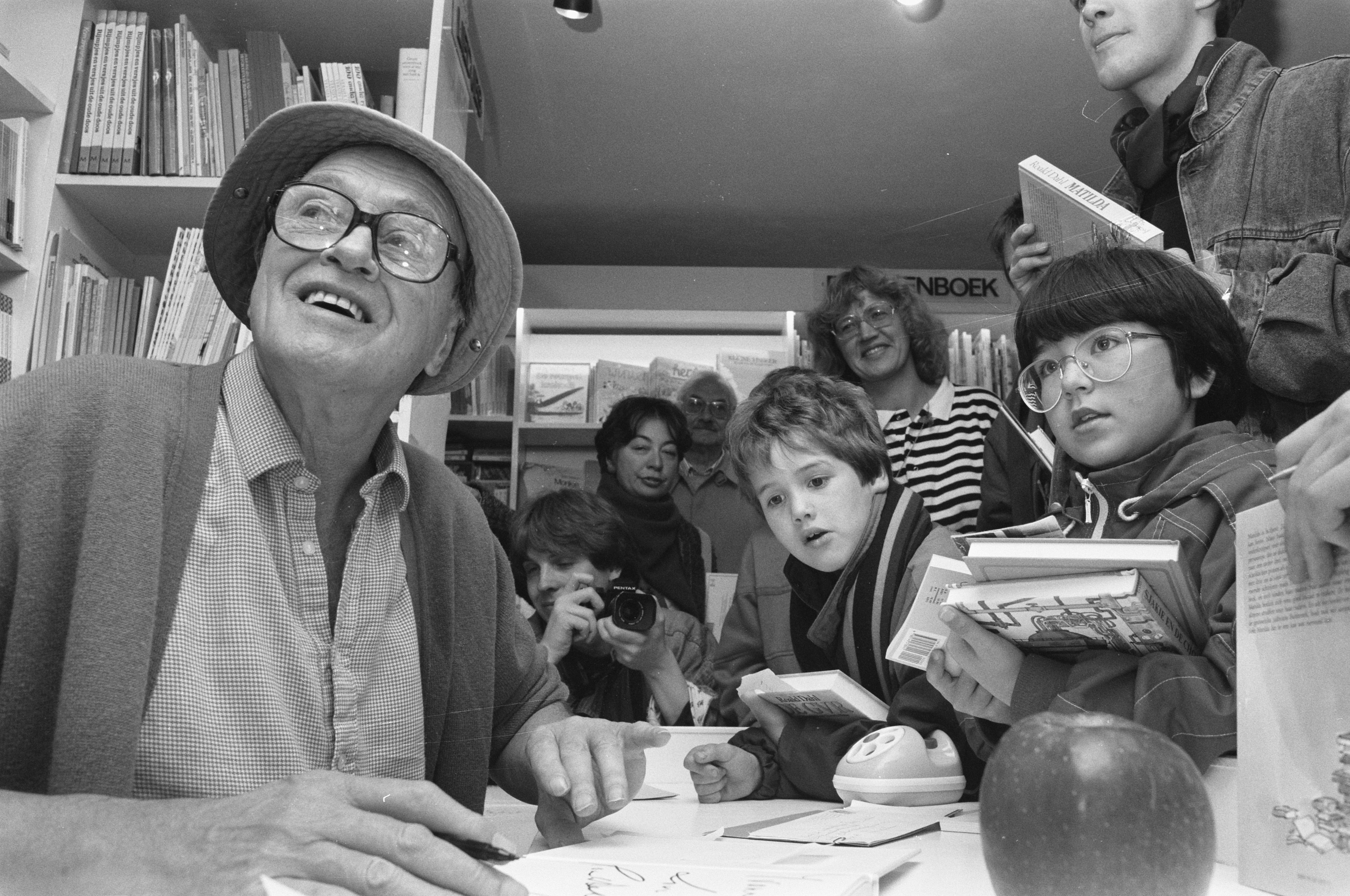Dr. Kumar’s Take
Roald Dahl is remembered for Charlie and the Chocolate Factory and Matilda, but few know that he made lasting contributions to medicine. After his son suffered hydrocephalus from a head injury, Dahl helped design a new type of shunt valve that went on to save thousands of lives. Later, when his wife had a debilitating stroke, he organized an intensive home rehabilitation program that challenged medical norms, and it worked. And after his daughter died from measles, he became an outspoken advocate for vaccination.
These stories show that innovation often comes from asking, “Why not?” even if you are not a doctor. Dahl’s determination, curiosity, and refusal to accept the status quo made him an unlikely medical pioneer.
Key Takeaways
✔ Dahl co-developed the Wade–Dahl–Till shunt, a safer and more reliable hydrocephalus valve.
✔ He pushed for aggressive, multi-hour daily stroke rehab when the standard was just one hour.
✔ His advocacy for measles vaccination came from personal tragedy, making him an early public voice for prevention.
Actionable Tip
Innovation isn’t limited to experts. If you see a problem, question assumptions, seek the right collaborators, and look for practical solutions — even in areas outside your profession.
Brief Summary
In the early 1960s, Dahl’s infant son was hit by a taxi, causing brain swelling and fluid buildup. Frustrated by the limitations of existing shunt valves, Dahl teamed with neurosurgeon Kenneth Till and toymaker Stanley Wade to create a new valve with fewer blockages. This Wade–Dahl–Till shunt became widely used for years.
When his wife, actress Patricia Neal, suffered a major stroke, doctors offered just one hour of therapy a day. Dahl believed this wasn’t enough. He organized a six-hour daily rehab program, recruiting neighbors and friends to help. Neal recovered enough to return to acting and even win an Academy Award.
After losing his daughter Olivia to measles encephalitis, Dahl publicly urged parents to vaccinate their children — at a time when measles was still considered routine. His words remain relevant today.
Lessons from Dahl’s Approach
- Challenge accepted norms when they seem inadequate.
- Bring in unconventional collaborators with the skills to solve the problem.
- Commit to persistence — both in medical recovery and public health advocacy.
Related Content
If you enjoyed this story, you’ll love my deep dive into Roald Dahl’s medical legacy on the Dr. Kumar Discovery Podcast: Listen here
Read the full story of the Wade-Dahl-Till valve and its development
Reference
“Roald Dahl: medical pioneer, stroke campaigner, measles vaccination advocate” – The Guardian


